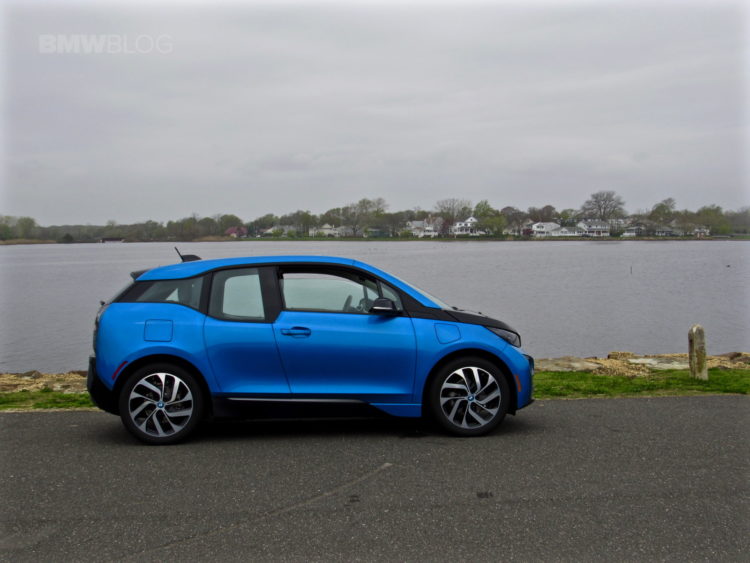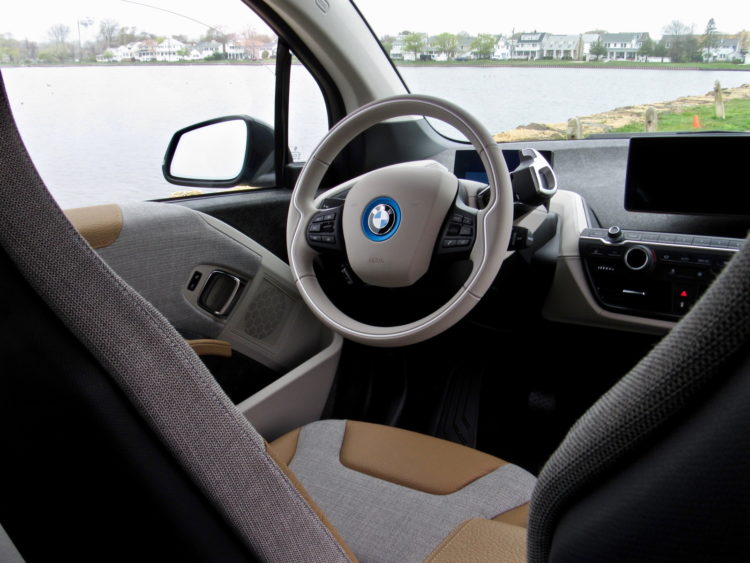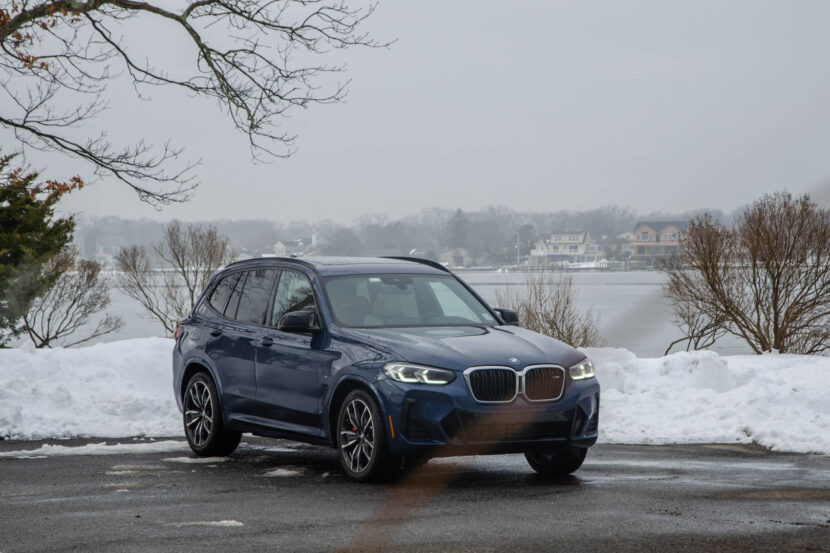Since its inception, the BMW i3 has been sort of behind the curve, in terms of pure electric range. Even when it first debuted, its range wasn’t any further than the much cheaper Nissan Leaf’s. It made up for that with a carbon fiber construction, wild looks and peppy performance. Though, now that cars like the Chevy Bolt and Tesla Model 3 have both debuted, boasting much further ranges and much lower costs, the i3’s charms are starting to wane. So BMW released a bigger battery for both the BEV (Battery Electric Vehicle) and REx (Range Extender) models. Still, the i3 lacks in range, but it’s getting better and the REx model has a total range withing striking distance of the Bolt.
It seems, though, that buyers of the BMW i3 aren’t cross-shopping these cars. BMW i3 buyers are going to buy it for its looks, style, driving dynamics and interesting construction. If they were just looking for range, it would be no contest. So the real question for buyers isn’t whether or not they should buy a BMW i3 but which one? In this recent comparison from SlashGear, they compare the BMW i3 with the BMW i3 REx, to see if it’s worth going full-electric or gasoline range extender.

With the gasoline range extender, the BMW i3 is capable of around 170 miles of total driving range. Thanks to its new 94Ah battery, it can do about 100 miles of pure electric driving. Once that runs out, a small gasoline engine under the trunk floor fires to life and acts as a generator. That recharges the battery, giving the i3 about another 60-70 miles of range. Overall, that’s not bad and is close to the 200 miles of the Chevy Bolt. However, once the engine kicks on, it’s a bit loud and course when stopped. Music can drown it out pretty easily but it sort of ruins the silent experience of an EV.
As for the standard BEV car, it can do about 110 – 114 miles of pure electric driving. Why the added increase in range without the range extender? Weight. The standard BEV is lighter than the REx, giving it more range. Though, that 114 mile range maximum is the best you’ll get. There’s no added range anywhere, once it’s flat, it’s time to charge. So it’s best suited purely as a city car.

Though, both have the same nippy handling, punchy performance and wonky style. The BMW i3 looks like nothing else on the road, has a cabin like nothing else in the industry and has a carbon-fiber passenger cell, like a McLaren, in a car that costs less than $50,000. So it’s still a very interesting car, even if EVs like the Bolt have passed it by in terms of range. So which one is best?
Well, SlashGear is a bit ambiguous about it but I think the answer is the BMW i3 REx. Thanks to its range extender, you can go significantly further than the standard BEV car. Sure, it lacks a few miles of pure electric driving but it’s not much. The REx just adds some safety-net miles in case of an emergency and rids range anxiety. Sure, it’s a bit more expensive and lease deals are harder to come by but, personally, I think it’s worth it.
[Source: SlashGear]





































































